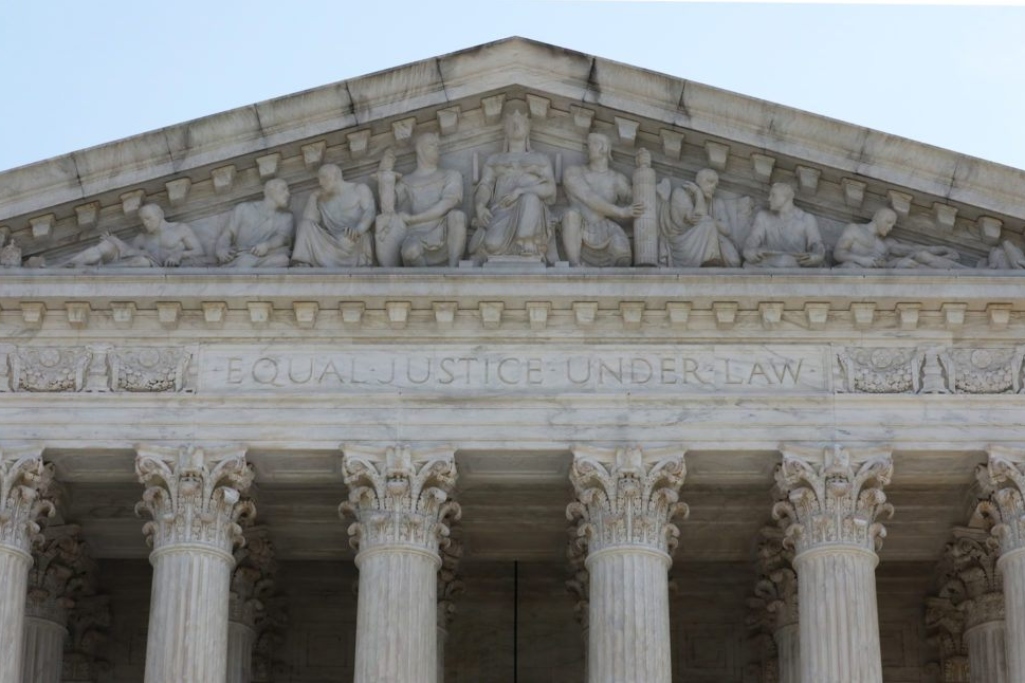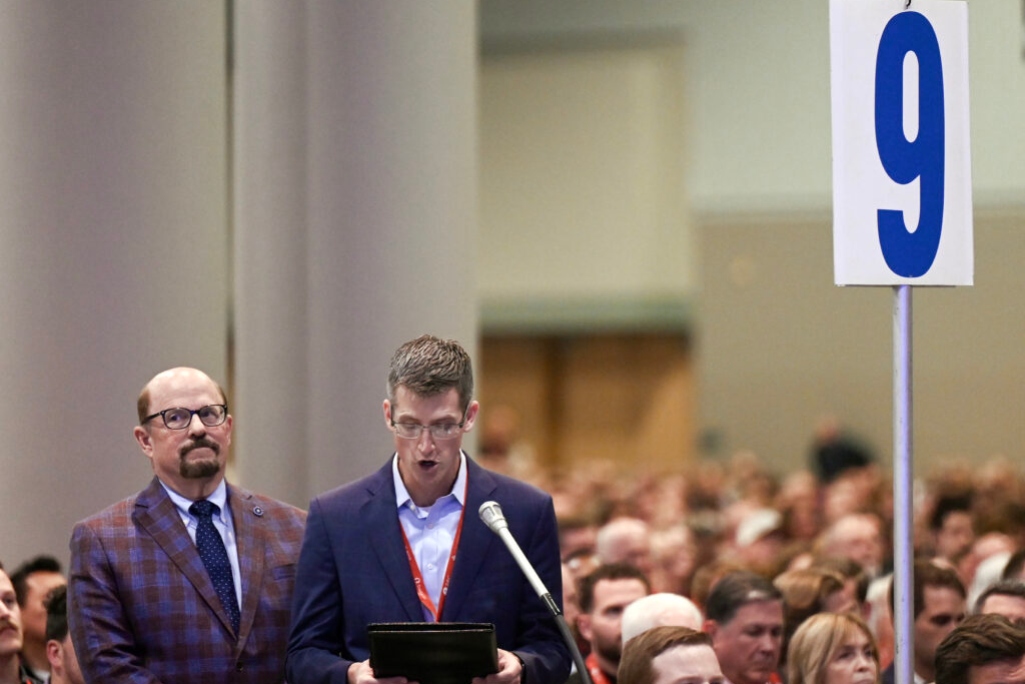
The U.S. Supreme Court.
WASHINGTON (BP) — The case of a Colorado counselor’s right to express her faith values while discussing issues such as same-sex attraction and gender identity with adolescents will appear before the Supreme Court next Tuesday, Oct. 7.
Kaley Chiles, a licensed counselor, argues that the state’s 2019 Minor Conversion Therapy Law infringes on her free speech as a practicing Christian when minors approach her with concerns over living in a manner “inconsistent with their faith and values.”
Central to both sides’ argument is the level of scrutiny to which the law should be applied.
The state calls for a “rational basis” level of review, the least stringent form that allows the regulation of professional conduct if it “incidentally involves speech.” As someone who uses talk therapy in her sessions, Chiles argues that this essentially places a gag on her for discussions involving same-sex attraction. A “strict scrutiny” level would prevent the conversion ban law from applying to her.
U.S. Solicitor General D. John Sauer agreed with Chiles in a “friend of the court” brief. He said that in this case, the state is regulating a message because it disagrees with a viewpoint, and “in short, the law regulates speech as speech.”
A three-judge panel for the 10th Circuit U.S. Court of Appeals upheld a district court’s earlier decision to reject Chiles’ request, agreeing that the ban on conversion therapy regulates conduct and treatment, not speech. In other words, the state’s ban is for the patient’s protection from treatments that violate standards of care, as they determine those standards.
Chiles has said that, at times, clients will want to discuss issues where Christian values address human sexuality. Clients, she said, “can accept bodies that God has given them and find peace.”
The Colorado law carves out an exemption for those “engaged in the practice of religious ministry” but leaves out those with titles like “psychologist,” “social worker,” “licensed professional counselor” and “addiction counselor.”
“This is a significant case to which all Christians should pay attention,” said Miles Mullin, chief of staff for the Southern Baptist Convention’s (SBC) Ethics & Religious Liberty Commission (ERLC). “In 2019, the state of Colorado enacted a statute that prevented licensed counselors from employing any sort of counseling that helped minors align their sexual orientation and gender identity with what the Bible teaches regarding those matters — even if that was what the minors themselves desired.
“The statute is a double whammy against the First Amendment. In it, the state of Colorado has trampled two foundational tenets of American society: freedom of speech and freedom of religion. First, it tells Christians (or other counselors who hold similar faith-based beliefs regarding sexual orientation and gender identity) that they cannot practice their faith through counseling clients in a manner consistent with their deeply held religious beliefs. Second, it attempts to squelch their free-speech rights, threatening them with punishment if they say things the government deems unacceptable.”
SCOTUS Blog reported that because Chiles relies solely on talk therapy, the ban focuses on her message. Her attorneys maintain that she could help clients “embrace a transgender identity. But if those clients choose to align their sense of identity with their sex by growing comfortable with their bodies, Chiles must remain silent or risk losing her license, her livelihood, and the career she loves.”
In contrast to the law’s stated objectives, Chiles said, it can actually prevent minors and families from getting the counseling they seek.
“As we follow this case, Christians everywhere should be praying for a ruling that unequivocally defends these two foundational freedoms,” Mullin said. “In fact, not just Christians, but anyone who opposes the government telling its citizens what they can think, believe or say should hope and pray for the same.”
(EDITOR’S NOTE — Scott Barkley is chief national correspondent for Baptist Press.)


